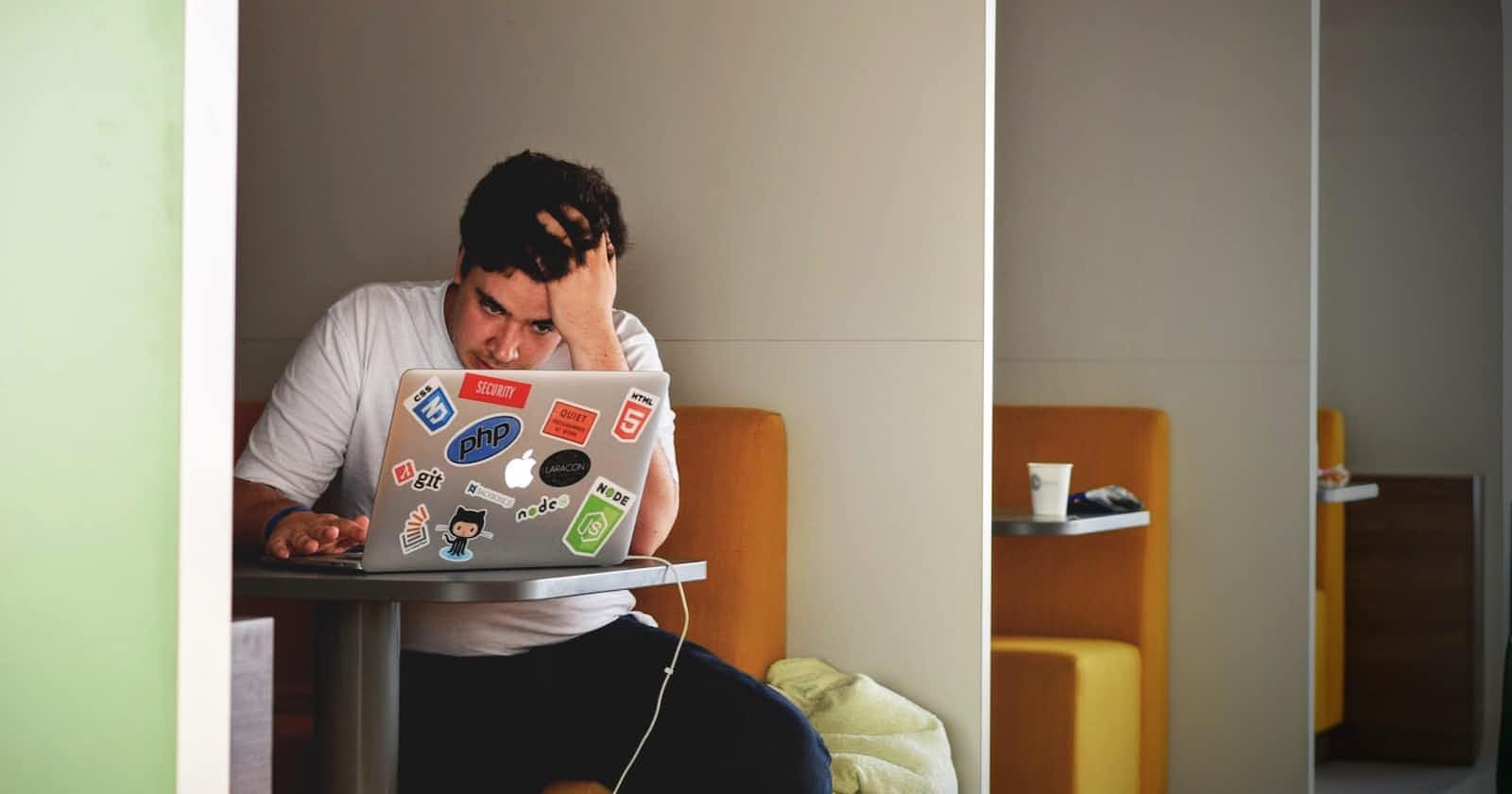Stress Management: Tips for Relaxation in Daily Life
In today's fast-paced and demanding world, stress has become a common issue that affects many individuals. Chronic stress can have detrimental effects on both physical and mental health. Therefore, it is essential to incorporate effective stress management techniques into our daily lives to promote relaxation and overall well-being. This article aims to provide valuable tips and strategies for managing stress and finding relaxation in daily life. By implementing these practices, individuals can better cope with stress and experience improved mental and physical health.
Prioritize Self-Care
Self-care plays a crucial role in managing stress and promoting relaxation. It involves taking time for oneself and engaging in activities that nurture and rejuvenate the mind, body, and spirit. Prioritizing self-care can include activities such as regular exercise, proper nutrition, quality sleep, practicing mindfulness or meditation, and engaging in hobbies or interests that bring joy and relaxation.
Practice Stress-Relief Techniques
Various techniques can help individuals reduce stress and promote relaxation. These techniques include deep breathing exercises, progressive muscle relaxation, guided imagery, and aromatherapy. Incorporating these practices into daily life can help individuals alleviate stress and induce a state of calmness and relaxation.
Time Management and Organization
Effective time management and organization can significantly reduce stress levels. Creating a well-planned schedule, setting realistic goals, and prioritizing tasks can help individuals feel more in control of their time and responsibilities. By managing time efficiently, individuals can avoid unnecessary stressors and create space for relaxation and leisure activities.
Establish Healthy Boundaries
Setting healthy boundaries is essential for managing stress and maintaining balance in daily life. It involves knowing one's limits and learning to say no when necessary. By setting boundaries, individuals can protect their time, energy, and overall well-being, reducing the risk of stress and burnout.
Cultivate Supportive Relationships
Strong social connections and supportive relationships play a vital role in managing stress. Spending time with loved ones, sharing thoughts and feelings, and seeking support when needed can provide a sense of belonging and alleviate stress. Building and nurturing positive relationships can contribute to a support system that helps individuals navigate through stressful situations.
Engage in Relaxation Activities
Engaging in activities specifically designed for relaxation can have significant stress-reducing benefits. These activities may include practicing yoga, tai chi, or other forms of gentle exercise, listening to calming music, taking soothing baths, or spending time in nature. Engaging in such activities regularly can promote relaxation, reduce stress levels, and improve overall well-being.
Mindful Technology Use
While technology can offer many conveniences, it can also contribute to stress levels if not used mindfully. Establishing boundaries around technology use, such as taking regular digital detoxes or setting designated screen-free times, can help individuals disconnect and create space for relaxation and stress relief.
Seek Professional Help When Needed
In some cases, stress may become overwhelming, and individuals may require professional help to manage it effectively. Seeking guidance from mental health professionals, such as therapists or counselors, can provide valuable strategies and support for stress management. Additionally, professionals can help individuals address any underlying issues contributing to stress and develop personalized coping mechanisms.
Managing stress and finding relaxation in daily life is crucial for maintaining overall well-being. By incorporating the tips and strategies discussed in this article into one's routine, individuals can effectively manage stress levels and promote relaxation. Prioritizing self-care, practicing stress-relief techniques, managing time efficiently, establishing healthy boundaries, cultivating supportive relationships, engaging in relaxation activities, mindful technology use, and seeking professional help when needed are all valuable steps towards stress management and improved quality of life. By taking proactive measures to manage stress, individuals can enjoy a healthier, more balanced, and more relaxed daily life.
Alp BEYAZGÜL | Private Blog


